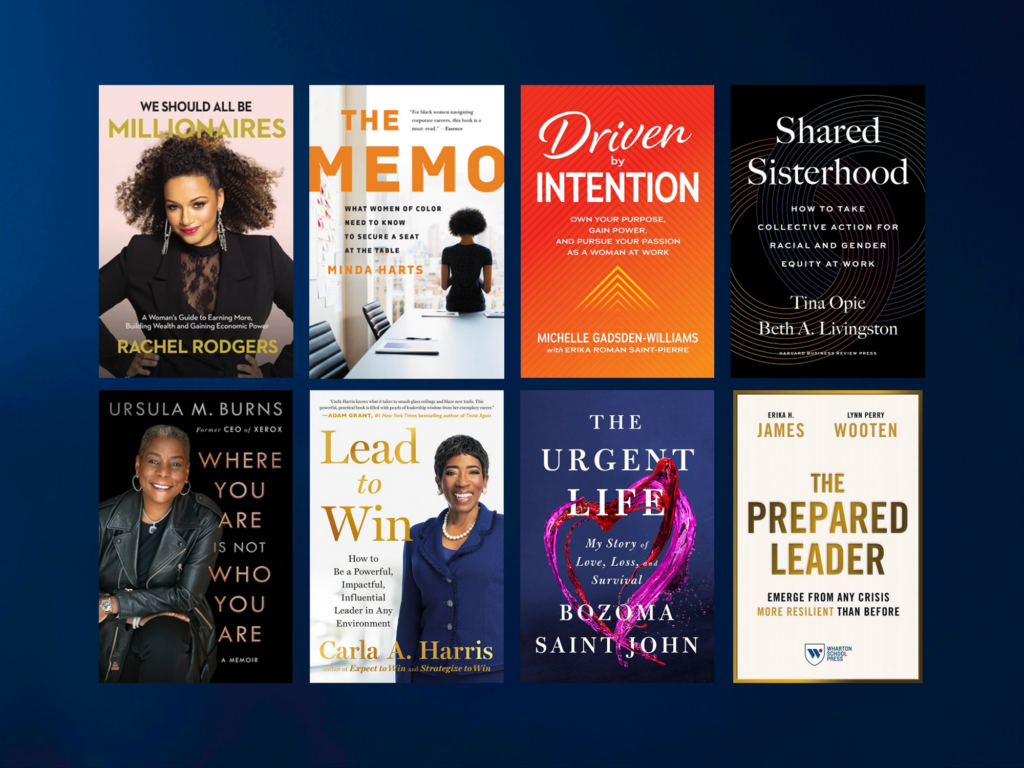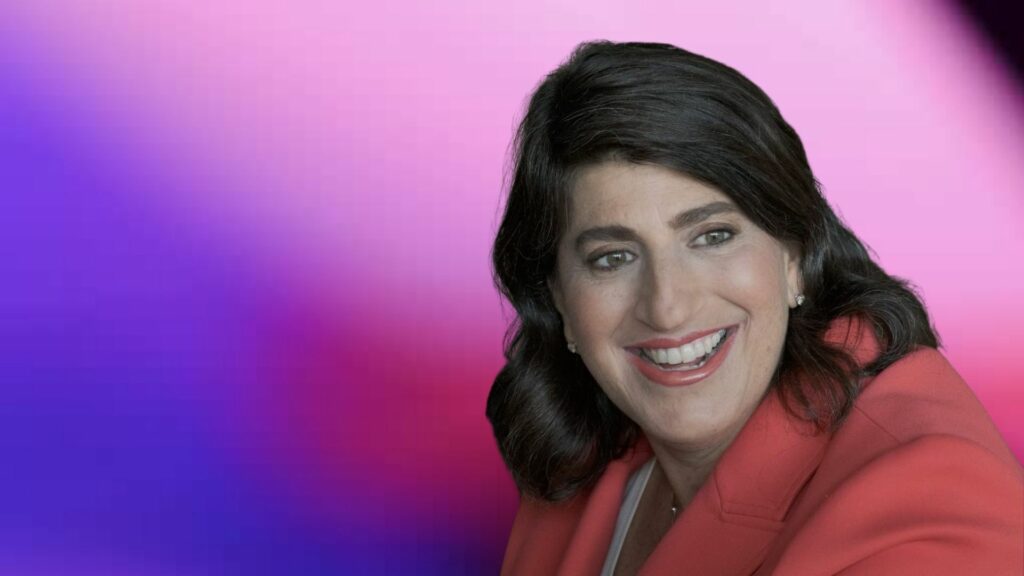How old is too old for business school?

Status quo.
From the moment we are born, society tells us to measure our progress against others. How quickly did she learn to crawl? Walk? Read? Write? No wonder it can take decades to break the stigma that personal success should be stacked up against the accomplishments of our neighbors. We enter formal education, and the race heats up. From primary school through university we measure ourselves against our peers over and over again. Business school is a whole new beast, full of opportunities, ambition, and discovery. Full-time program students average about 27 years old when starting their MBA programs, which fits in with the three to six years of work experience most graduate students have before starting their MBA. So if 27 is in the rearview, does that mean an MBA is a dream to ditch?
How old is “too old” to give business school a go?
History affirms there is no age cap on learning, advancing, and growing. Need proof? Look no further than a few of the many famous women who made their marks later in life. While Vera Wang is one of the most recognizable names in fashion today, she didn’t break into the industry until she was 40. Famously adored chef Julia Child published her first cookbook when she was 50 years old and later became the first woman to be inducted into the Culinary Institute of America’s Hall of Fame. Acclaimed novelist Toni Morrison has been celebrated for decades for her books, like The Bluest Eye, Sula, Song of Solomon, and Beloved. But she was 62 when she became the first Black woman to win the Nobel Prize for Literature.
The common thread among these trailblazers spans across industries or expertise. It is never too late to change careers, to chase a passion. It is never too late to learn something new.
With the convenience and accessibility of evening and weekend classes as well as the growing popularity of online degree programs, you can start a degree any time in your life that feels right for your unique set of circumstances. MBAchic asked our community to weigh in on how old they were when they decided to pursue their MBA. Here are some of their responses:
“I got mine at 51, it’s never too late!”
“35 years old and so happy I chose to do it at that age.”
“31! Definitely not too late.”
“Six months ago, I was 41.”
“I started at age 40! Will likely graduate at 43.”
“I’ll be 33, mom of a two year old when I graduate.”
“I was 39 when I got my MBA, it’s never too late for anything!”
“I was 32 when I graduated from bschool. I thought I was so ‘old’ in the beginning, but my extra few years helped me be more strategic in how I spent my time during Bschool and more grateful for the opportunities. It’s never too late to start!”
“Starting at 37!”
“33, wish I would have gone earlier, but it’s never too late!”
“I was 31 when I graduated in 2021.”
“36.”
“Started at 37 and finished at 39 with a full time job and 3 kids.”
“31, not too late!”
Over 100 comments on the Instagram post below offer real advice to anyone in the midst of their MBA journey or considering heading back to business school:
The versatility of an MBA can help applicants of all ages reach their goals. Whether the motivation for heading to business school is a desire to move up to an executive level, explore an interest in a brand new industry, or take control of a career path pivot, the benefits of an MBA don’t disappear once you’ve celebrated a certain birthday. Real-world experience tends to help rather than hinder an applicant’s chances, with a history of employment proving to both admissions staff and professors that an applicant already has self-discipline and can stick to a schedule. Here are a few perks to having a few years — or perhaps decades — of professional history under your belt before business school.
- Stay connected to community
As younger generations enter the workforce, older individuals are opting to work longer. The result: today’s workforce is incredibly diverse — especially when it comes to age. But not all work environments are created equally, and entering business school can help you gain an invaluable, fresh perspective on any given industry. With decades of professional experience, your perspective will be critical to others in your cohort as well. Believe it or not, there are five generations working together in America’s professional landscape: Traditionalists, Baby Boomers, Generation X, Millennials, and Generation Z. New research is showing that employing multigenerational workforces can create a significant competitive advantage: generating a stronger pipeline of talent, improving workforce continuity and stability, and assisting the retention of knowledge. The more experience you have working cohesively with members from all of these different generations, the more valuable you become as a professional. Consider your business school experience a jumpstart on working closely with a diverse group of professionals with a variety of experience levels. Develop friendships with peers and faculty members that continue long after business school wraps and carry forward your new and improved empathetic communications skills into your work day.
- Rediscover education
If it’s been a while since you were in school, chances are you’re in a completely different mindset now. Gone are the days of lugging several heavy textbooks around and racing to sell materials at the end of the semester. Digital course materials are often included in the price of tuition, saving students money and hassle. Many campuses are also adopting virtual reality (VR) technology to allow students to interface with environments and gain a better understanding to help promote application to the business theory covered during coursework. Many professors across the country video record each of their lectures and make them available to students for easy reviewing and reference citing. As you can imagine, reentering a campus setting and diving into course work takes on a brand new meaning after several years of corporate world experience. The financial commitment of business school alone is enough to encourage attendees to fully immerse themselves in their academia and take advantage of every group study, assignment, exam or project. Embrace new class formatting and emerging technology to strengthen your school experience and expand your knowledge base. Yes, business school is a lot of hard work, and depending on your schedule (full-time or part-time, online or in-person) the demands of school can mean added stress. But thanks to your decision to wait until you really knew what you wanted out of business school, the work isn’t going to feel so daunting. When assignments are aligned with your passions, they tend to feel exhilarating instead of exhausting.
When assignments are aligned with your passions, they tend to feel exhilarating instead of exhausting.
- Professional empowerment
Leveling up professionally and financially is empowering. Period. While the path towards progress isn’t an easy one, it is rewarding. There’s no doubt about it: MBA programs require a lot of hard work, focus and dedication. But that doesn’t mean that hard work doesn’t pay off. The median starting salary for MBA graduates at US companies was projected to be $120,000, according to a 2024 corporate recruiters survey from the Graduate Management Admissions Council (GMAC). Today’s professionals are making their demands for career development and continuous learning initiatives clear. With recent data finding that 94% of employees agree to stay at a company longer if it invests in workplace learning, employers understand they must provide a work environment that incentivizes high performing employees to stay. To drive job satisfaction and employee retention, many companies are rising to meet the interest in continued education by adopting progressive Learning & Development (L&D) strategies. All the more reason to find out what options are available through your employer’s L&D program before shouldering the financial investment of an (or MBAchic’s new Founding Membership; more below) MBA yourself.
- “Future-ready” your career
By 2030, the World Economic Forum calculates that more than 1 billion people will need to reskill as jobs are transformed by the technologies of the Fourth Industrial Revolution. WEF finds that seven professional areas will hold a majority of future job growth: care, engineering and cloud computing, sales marketing and content, data and AI, green jobs, people and culture, and specialized project managers.
Because Americans are working for longer, even if you go back to school in your 50s you may still have decades ahead of you to build and enjoy a new career. What better way to upskill your talent and reassess your next chapter than by continuing your education? Whether your motivation to continue working longer is primarily financial or driven by boosting better brain health, gaining the valuable skills you need to continue your professional journey may actually add years to your life. A 2016 study by Oregon State University found that “working past age 65 could lead to a longer life, while retiring may be a risk factor for dying earlier.” Learning new systems, perspectives, technologies, and skill sets will keep you physically and mentally resilient for the long haul.
A good education is invaluable, and to achieve your dream career it’s more than worth it at any age. If the MBA has been on your mind, there’s no time like the present to explore stepping into business school for your next chapter. As we often state: your timeline is yours, and yours alone. Do what works for you, *when* it works for you. And we’re here to support you all along the way.
And once you’ve graduated, the learning and growth does not stop… enter Semester Five, the post-MBA era and mindset that keeps us learning and trying new things, when there’s no longer a syllabus. It’s how we keep ourselves exploring when there are no more assigned cases to read, or regular quizzes to take or Blackboard discussion forums to post in. It’s about cultivating that intellectual curiosity and pursuing the learning and growth that you need beyond the MBA experience.
Whatever your Semester Five looks like, the commitment to continuous learning is one that we’ve made a pillar of our platform and community here at MBAchic — and we’re bringing it to life inside our Founding Membership: our membership for MBA graduates (and some second-year MBAs) looking to maximize their MBA ROI and continue the learning, growth / advancement and connection after bschool.

Photo from LinkedIn Sales Solutions







